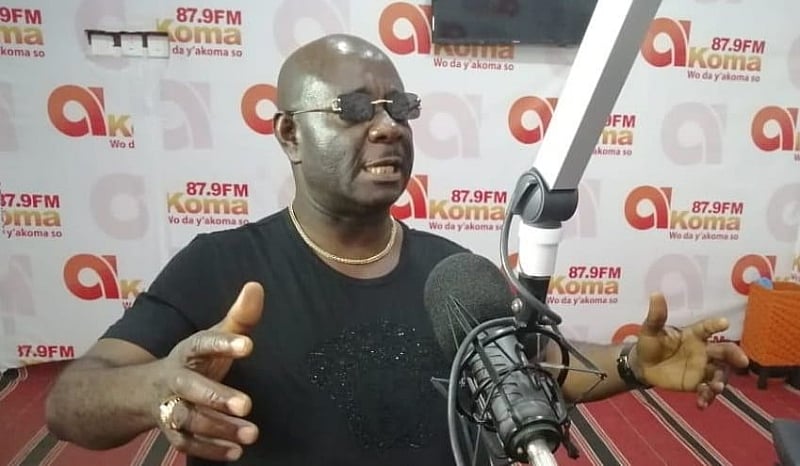Akwasi Addai Odike, the founder of the Union Government (UG), has made a public endorsement of Dr. Yaw Osei Adutwum as the ideal flag bearer for the New Patriotic Party (NPP) in the 2028 general elections. Odike, while acknowledging his own intentions to contest the 2028 presidential election, emphasized the importance of political parties presenting their strongest candidates to foster a more robust and beneficial political discourse for the nation. He believes that the selection of presidential candidates, particularly by major parties like the NPP, transcends partisan politics and becomes a matter of national significance due to the potential impact on Ghana’s future trajectory. Odike’s endorsement, despite not being an NPP member, underscores his belief in Adutwum’s capabilities and the need for national interest to supersede party affiliations in such crucial decisions.
Odike’s endorsement rests heavily on Dr. Adutwum’s performance as the Minister of Education. He commends Adutwum’s integrity, innovative approach, and visionary leadership, particularly highlighting his significant contributions to the promotion and implementation of STEM (Science, Technology, Engineering, and Mathematics) and TVET (Technical and Vocational Education and Training) education in Ghana. These initiatives, according to Odike, are demonstrable proof of Adutwum’s ability to effect positive change at a national level. He posits that Adutwum’s success in transforming the education sector serves as a compelling indicator of his potential to lead the entire nation with similar effectiveness and vision. This extrapolation of Adutwum’s ministerial success to potential presidential success forms the core of Odike’s argument.
Furthermore, Odike expresses deep concern about the growing influence of money in Ghanaian politics. He warns against the detrimental effects of vote-buying among party delegates, emphasizing the risk of electing less competent leaders based on financial inducements rather than merit. He observes the intense lobbying and financial backing within various NPP camps supporting their preferred candidates and cautions against allowing money to become the decisive factor in the selection process. Odike stresses that the future of Ghana is inextricably linked to the choices made today, and prioritizing monetary influence over competence and vision could have severe long-term consequences for the nation. He appeals to the delegates to prioritize the nation’s interests over personal gains and choose a leader best suited to guide Ghana towards progress and development.
Odike reiterates his belief that presidential candidate selection should be a matter of national interest and not solely a partisan affair. He promises to offer similar insights when the National Democratic Congress (NDC), the ruling party, begins its flag bearer selection process. This demonstrates his commitment to promoting competent leadership across the political spectrum, recognizing that the potential president could emerge from either of the two major parties. He urges all Ghanaians to actively engage in the internal elections of these parties, as their choices will ultimately determine the nation’s leadership and future direction. This call for broader public engagement underscores the importance of these internal party processes in shaping the national political landscape.
Odike’s endorsement of Adutwum is strategically framed within a larger narrative of national interest. He highlights the importance of choosing competent and visionary leaders, emphasizing the long-term implications of such decisions for Ghana’s future. By focusing on Adutwum’s track record in education, he presents a tangible example of the candidate’s leadership capabilities and potential to drive positive change. The cautionary note against the influence of money in politics further strengthens his argument, positioning Adutwum as a candidate who could potentially elevate political discourse and prioritize national development over personal gain.
In essence, Odike’s message transcends party lines. He appeals to a sense of shared national responsibility, urging both the NPP delegates and the wider Ghanaian public to engage actively in the selection process, prioritize national interest, and choose leaders who demonstrate the capacity to steer the nation towards progress and prosperity. His endorsement of Dr. Adutwum serves as a specific example within this broader call for responsible political engagement and emphasizes the importance of selecting leaders based on merit, vision, and a proven track record of impactful service.














